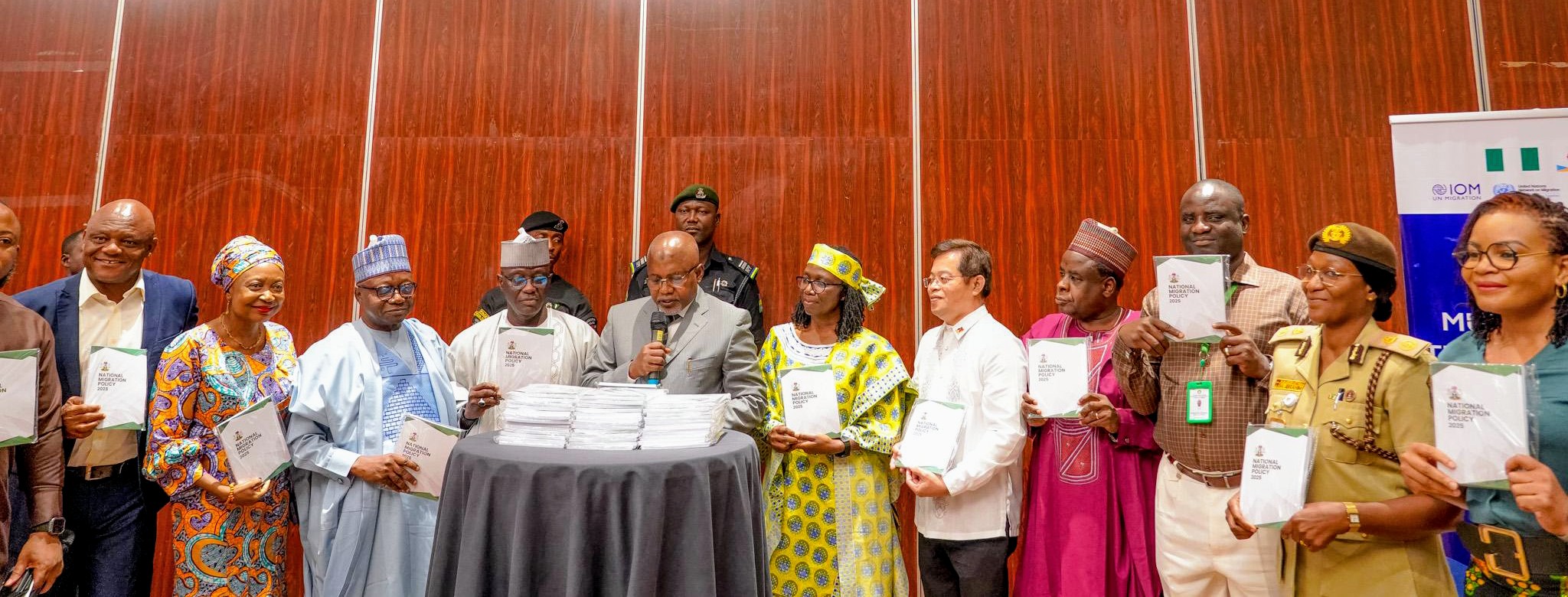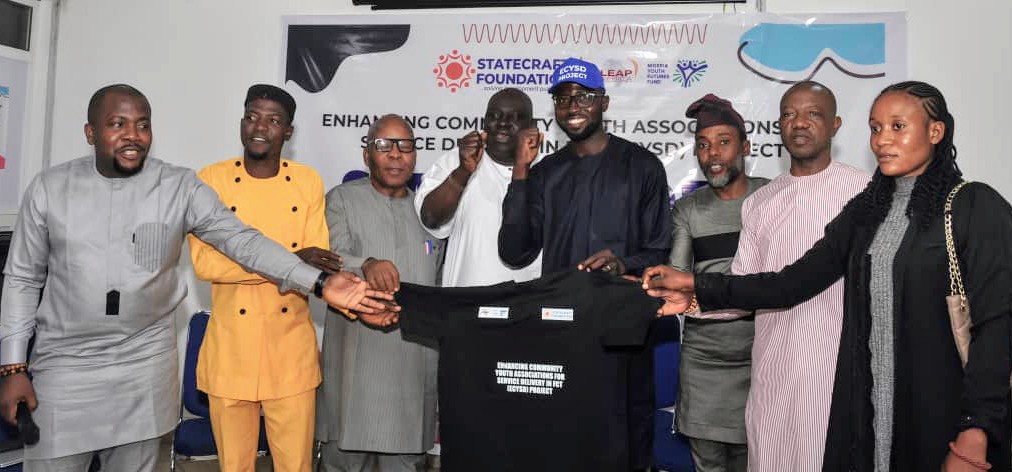By Chijioke Okoronkwo, News Agency of Nigeria (NAN)
In a world encumbered by greenhouse gases and air pollutants, migration to Compressed Natural Gas (CNG) vehicles is imperative.
In Nigeria, the unveiling of CNG conversion centres has given traction to Africa clutching on CNG as a viable alternative to Premium Motor Spirit otherwise known as petrol.
The CNG push is in tandem with President Bola Tinubu’s promise to ease public transportation and ameliorate the hardship faced by Nigerians following the removal of fuel subsidy.
The CNG quest has also received significant fiscal and physical nudges with the recent rollout of 64 buses and 2000 tricycles that will run on CNG and a pledge to raise provisions in the 2025 budget to N225 billion from the current N130 billion.
According to the U.S Environmental Protection Agency, CNG creates fewer smog-related tailpipe emissions than gasoline and can reduce tailpipe Greenhouse Gases by about 20 per cent.
Data from MOTOR JIKOV CNG indicates that approximately 15 million CNG vehicles are in operation globally, out of which about 1.5 million are in Europe.
In keying to the global CNG inclination, the Presidential CNG Initiative (Pi-CNG) recently unveiled conversion centres in Abuja, while states are following suit.
Mrs Omolara Obileye, Coordinator of Business Development and Strategy, Pi-CNG, who performed the unveiling, said the initiative would reduce the dependence on fuel.
According to her, conversion has started for commercial vehicles.
“We are starting with Abuja and Lagos and we will keep rolling out; the announcements will be made regularly as we go to each of the states.
“Private cars are supposed to pay a fraction of the cost of the conversion while the transport associations have 100 per cent conversion free.
“However, the cost depends on the vehicle size because there are different types of vehicles; and there is a need to understand what exactly we need to configure in the system.
“We have over 12 conversion centres in the FCT; we will continue to increase the number and update the public,” she said.
Worthy of note, critical partners are taking the bull by the horn.
Of late, the Ministry of Finance Incorporated (MOFI) and other stakeholders announced a partnership to provide N10 billion credit to Nigerians for Compressed Natural Gas (CNG) conversions.
The stakeholders are Nigerian Consumer Credit Corporation (CREDICORP) and Pi-CNG.
At the agreement signing in Abuja, the partners unveiled the N10 billion Credit Access for Light and Mobility (CALM) Fund, in response to growing financial strain on Nigerians, due to high energy and transportation costs.
The Pi-CNG and CREDICORP are among the portfolio companies under MOFI, an investment and assets management establishment of the Federal Government.
The new fund will enable Nigerians to obtain loans for CNG conversion kits and energy-saving solutions through Participating Financial Institutions (PFIs), providing a pathway to sustainable energy without the financial burden of upfront costs.
Espousing the partnership, Mr Uzoma Nwagba, Managing Director/Chief Executive Officer, CREDICORP, said MOFI would aggregate and expand the consortium fund, collaborating with private and institutional investors to grow initial N10 billion.
Nwagba explained that the CREDICORP would act as Fund Manager, using its expertise in consumer credit to manage loan disbursements and offer credit guarantees.
“We are setting aside a fund that will allow Nigerians specifically access credits to convert their vehicles to CNG with one to three years repayment duration.
“CREDICORP will seed the CALM Fund with N2.5 billion, ensuring that Nigerians can access affordable financing at 15 to 20 per cent per cent interest rate, through Participating Financial Institutions (PFIs).
“People are charged different interest rates depending on their institutions and credit worthiness, financial behaviour, earnings and diligence with paying back previously,” he said.
He said the Pi-CNG Ltd. would serve as a service provider, facilitating the conversion of vehicles to CNG through authorised centres and offering discounted conversion packages for consumers using CALM loans.
Similarly, Sir Michael Oluwagbemi, Chief Executive Officer, Pi-CNG, said the initiative was necessitated by the president’s desire for Nigerians to be mobile and enjoy affordable, eco-friendly fuel and reliable transportation.
“The Consumer Credit Corporation is partnering with us to unveil this access for private individuals to access consumer credits to afford the cost of conversion, to enjoy the low cost of CNG and the access it gives for transportation.
“This scheme has the tendency to attract the investment that will enable these conversion kits to be manufactured domestically; another programme is being coordinated with MOFI, on domestic manufacturing capacity for the CNG sector,’’ he said.
The Pi-CNG boss said that the development would enable civil servants or workers in the organised private sector whose salaries/income could be tracked and verified by a financial institution to benefit from the fund.
He said it would naturally translate into other sectors of the economy, because the civil servants and organised private sector workers could leverage their vehicle at low cost for the economic benefit.
Dr Armstrong Takang, Managing Director, MOFI, said the fund would address the unintended consequences arising from oil subsidy reforms.
“Through flexible financing options, Nigerians will be able to obtain immediate credit to convert their vehicles to CNG and adopt solar energy solutions—reducing dependency on expensive fuels and lowering electricity bills,” he said.
The partners encouraged Nigerians to explore the opportunity by applying for CALM Fund loans through participating financial institutions (www.credicorp.ng/apply) while specific CNG conversion centres will market the options to consumers.
Nonetheless, some stakeholders have raised concerns on CNG safety and sustained affordability.
Dr Chijioke Ekechukwu, an economist and motorist, expressed worry that conversion to CNG could look like a solution, but attendant damages in the future might not be known.
“Firstly, most cars are of high quality and of high technology, built with precision; building a CNG device, which ab-initio, was not in the technical plan of the vehicles, may cause some damage to the system.
“Secondly, the high cost of conversion does not make it attractive and affordable to the middle and lower income earners,” he said.
However, a CNG conversion expert, who spoke on the condition of anonymity, dismissed CNG fears and implored Nigerians and motorists to visit standard conversion centres to convert their petrol vehicles.
The expert, who is an official of NASENI – Portland Gas Limited Conversion Centre, cautioned motorists against the patronage of roadside and amateur personnel while trying to convert their vehicles’ engine to avoid damage.
He implored motorists to engage the services of professionals at authorised standard centres and also avoid usage of inferior kits and cylinders, especially cylinders that were not completely made of steel.
According to him, some cylinders are so inferior and not good to be used, in the sense that they are made of steel and fibre.
He urged motorists to avoid such cylinders during conversion.
“We have a standard at Portland Gas Conversion Centre, we use high quality and complete steel cylinders which have heavy weight.
“CNG is good and safe, I give motorists 100 per cent confidence and assurance in ensuring that their vehicles are converted.
“The only disadvantage I see is the space in the boot which the cylinder will occupy after conversion and there is no other disadvantage.
“CNG is lighter than air; it is not like Liquefied Petroleum Gas (LPG), Diesel or Premium Motor Spirit (PMS) that can easily pour or spark up fire,’’ he said.
Tinubu, recently applauded Nigerian Independent Petroleum Company (NIPCO) efforts at promoting and supporting the “Switch to CNG” campaign, which boosted public awareness and provided affordable CNG conversion kits even before the official kickoff of the Pi-CNG.
According to Tinubu, CNG, being a cleaner and more affordable fuel, reduces the carbon footprint and saves consumers significant fuel costs.
“Nigeria’s motorists can buy petrol at N1, 000 per litre or equivalent gas per Standard Cubic Meter at N200.
“We have also introduced incentives for commercial motorists to convert from petrol to gas ‘free of cost,’” Tinubu said.
Stakeholders hold that it has become expedient for Nigeria, with its vast natural gas reserves, to make a huge stake in the global CNG revolution.
They say this should not only be due to its economic advantage but also to mitigate adverse climate impact of traditional fuel. (NANFeatures)
**If used please credit the writer and News Agency of Nigeria.










